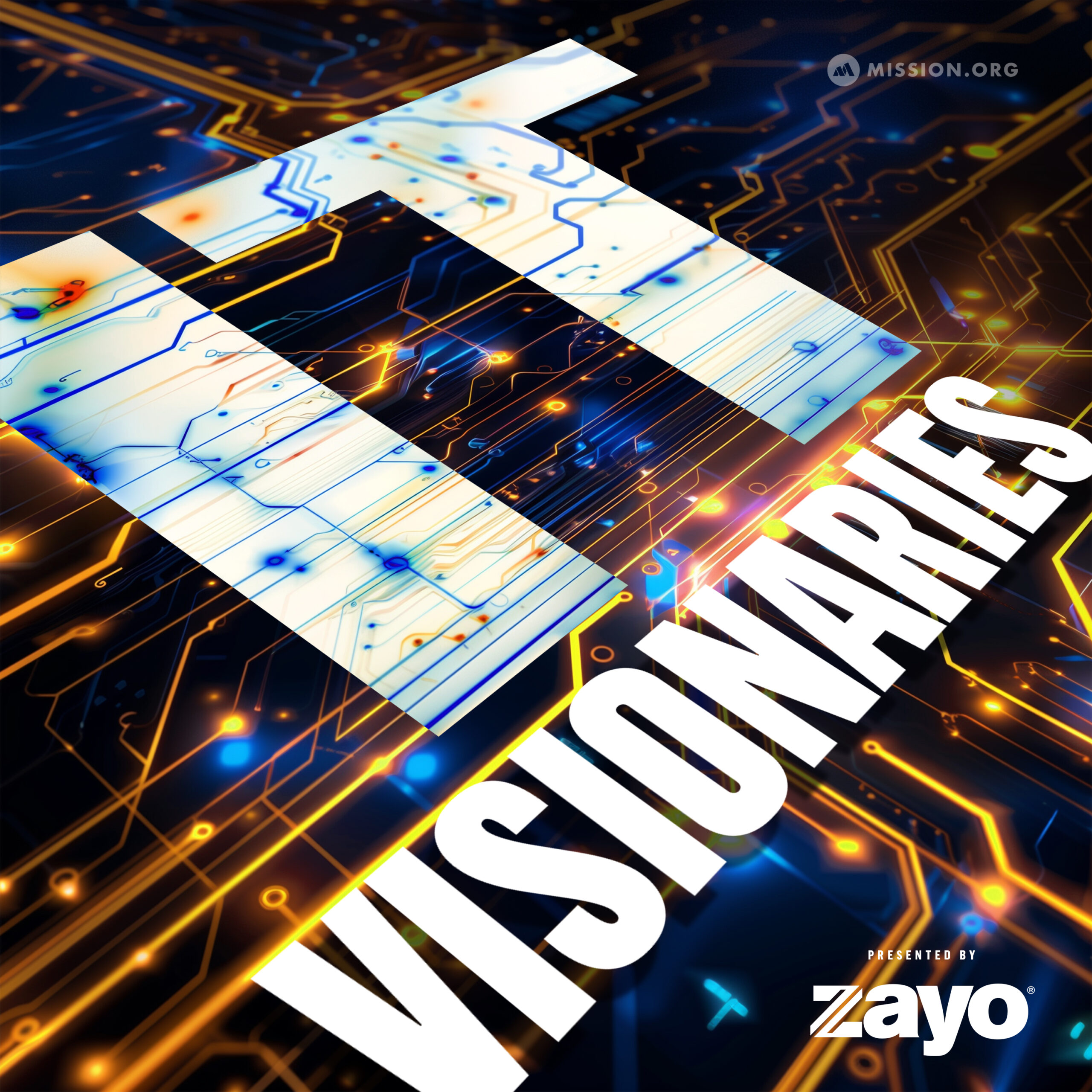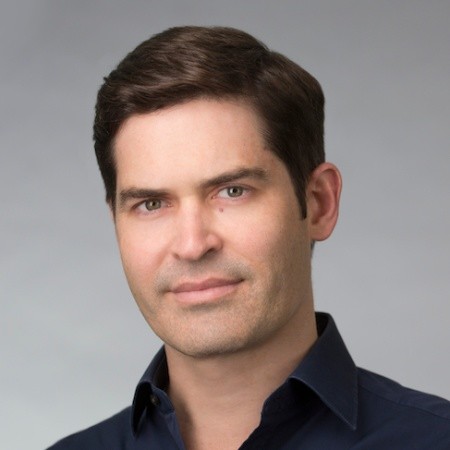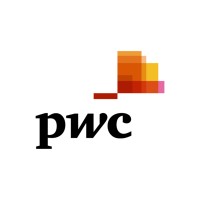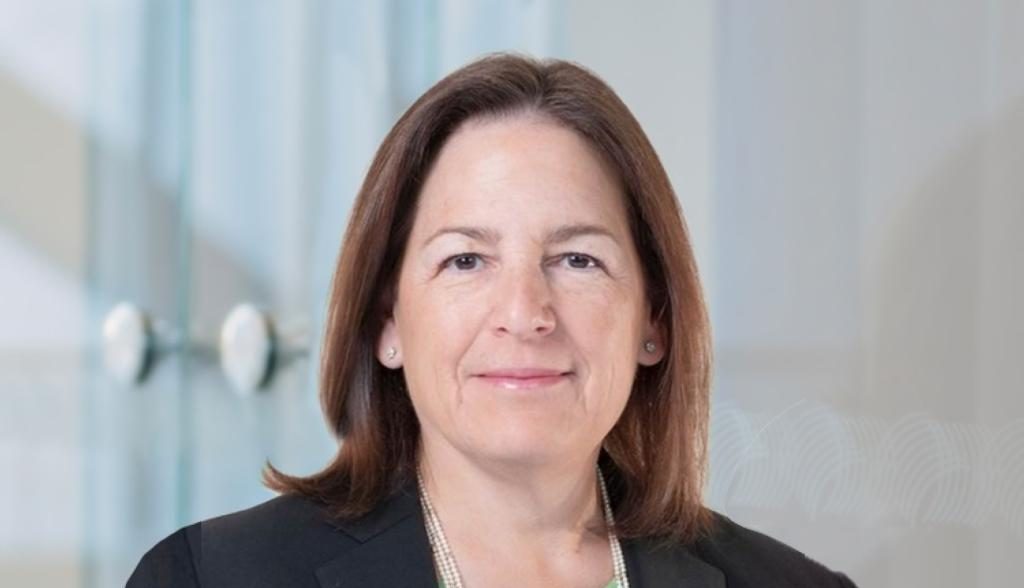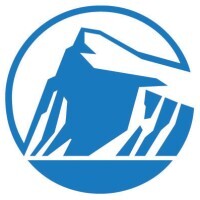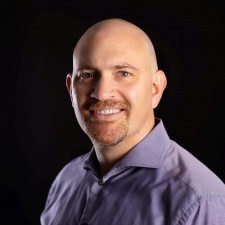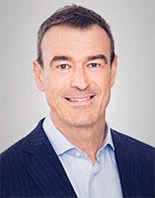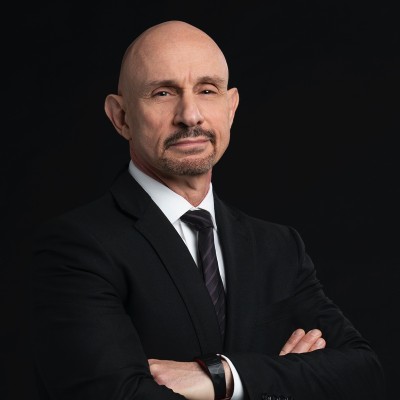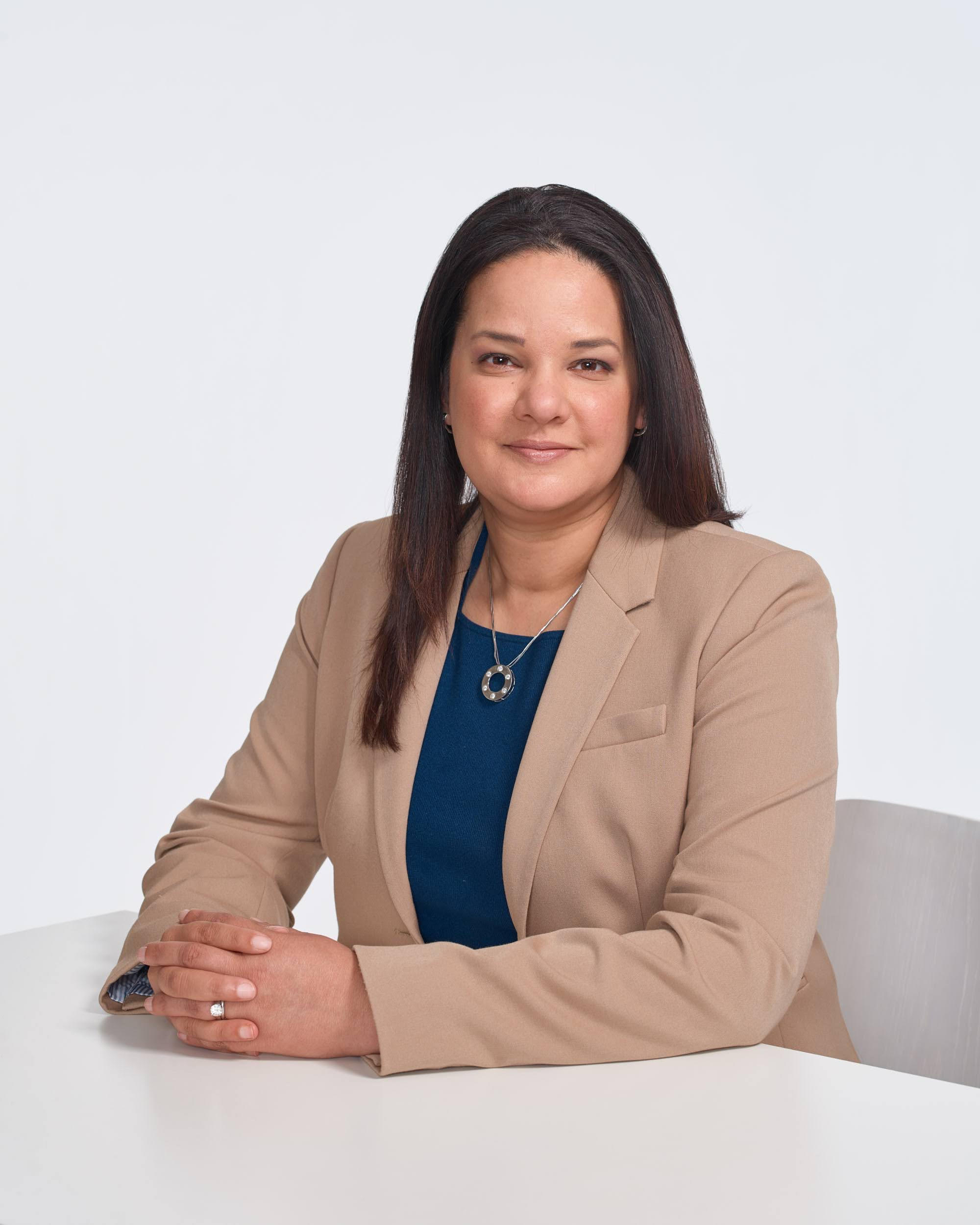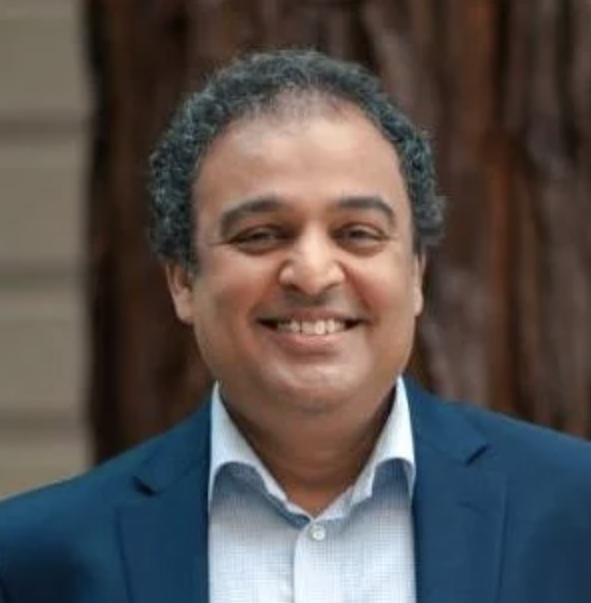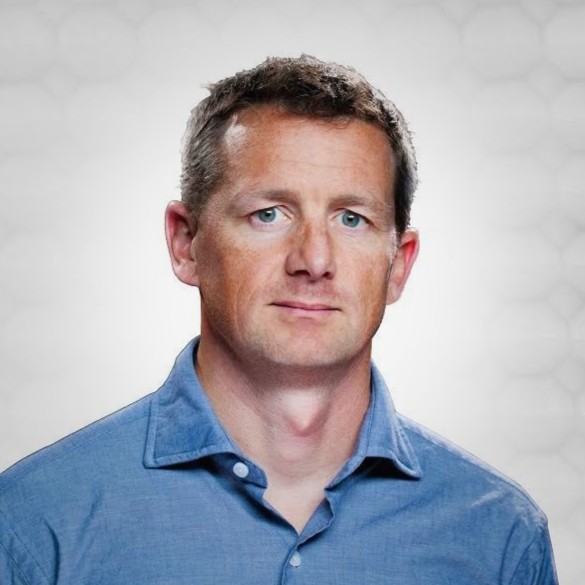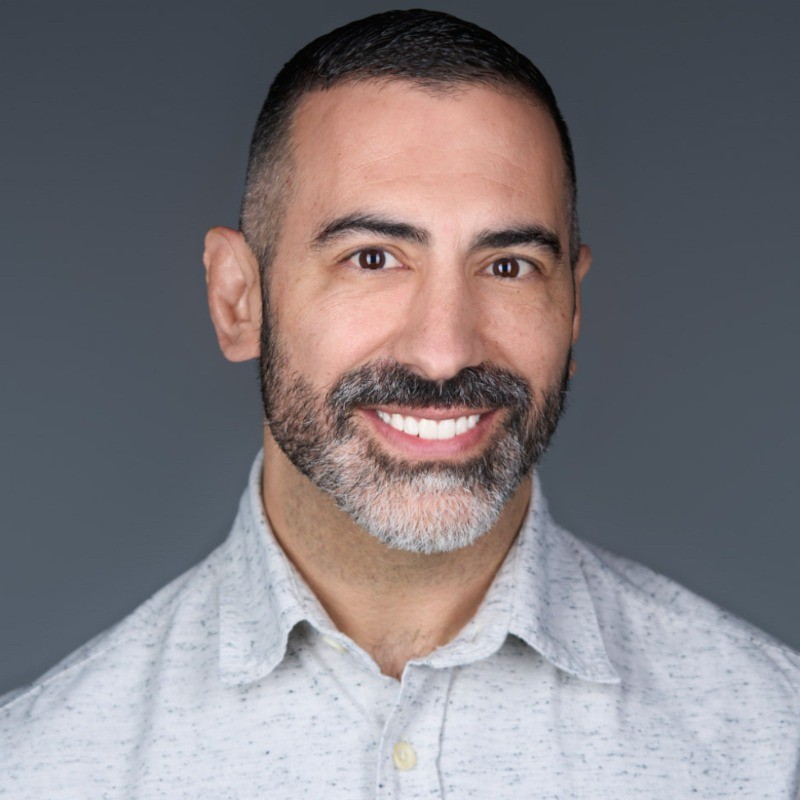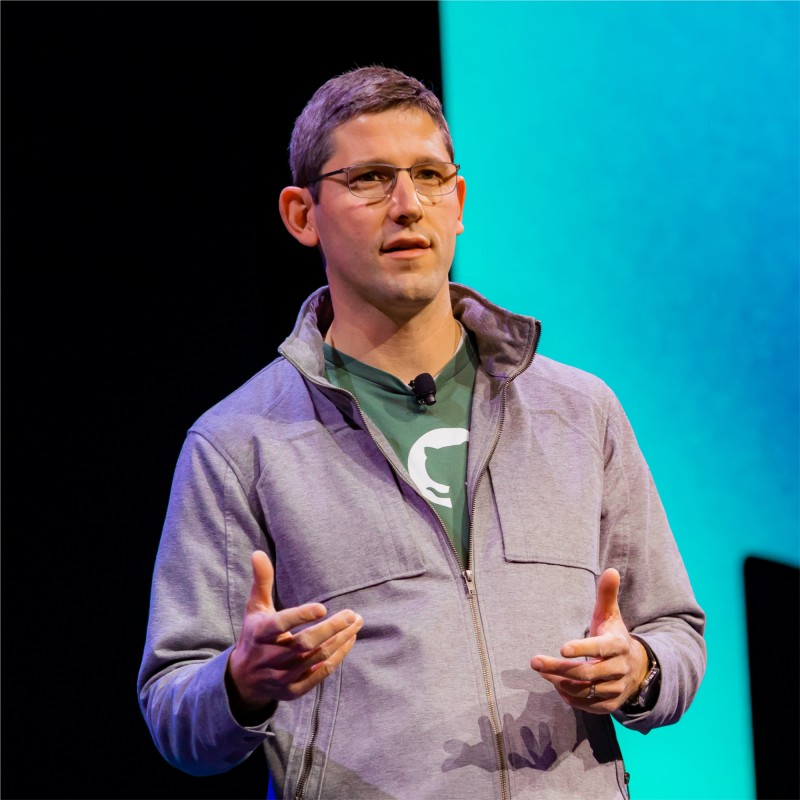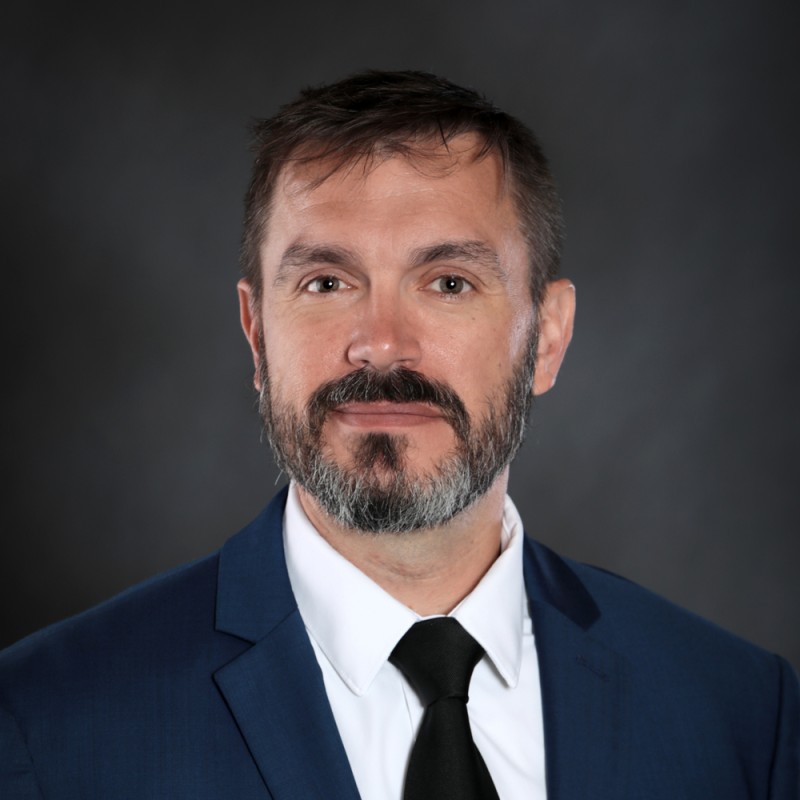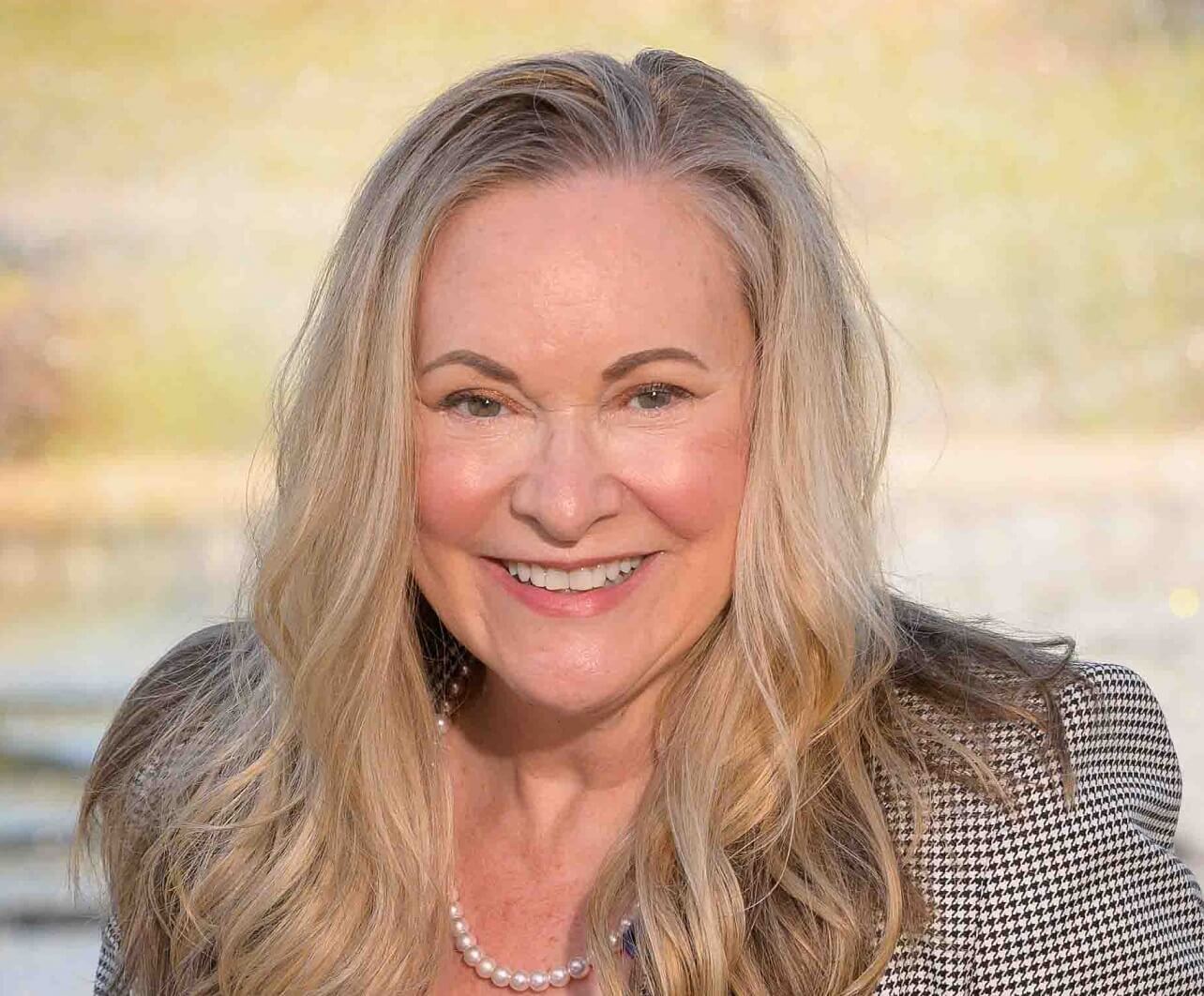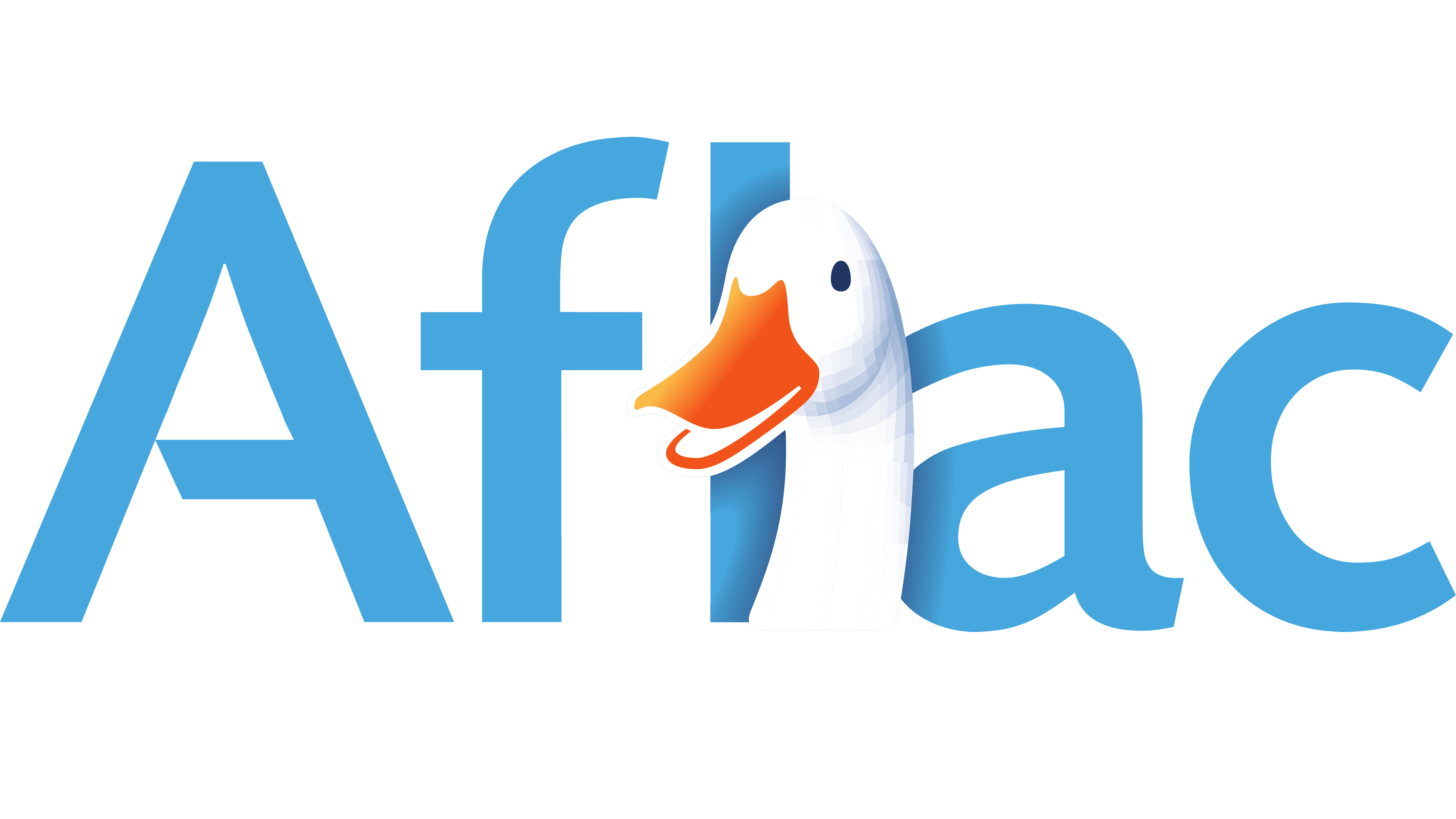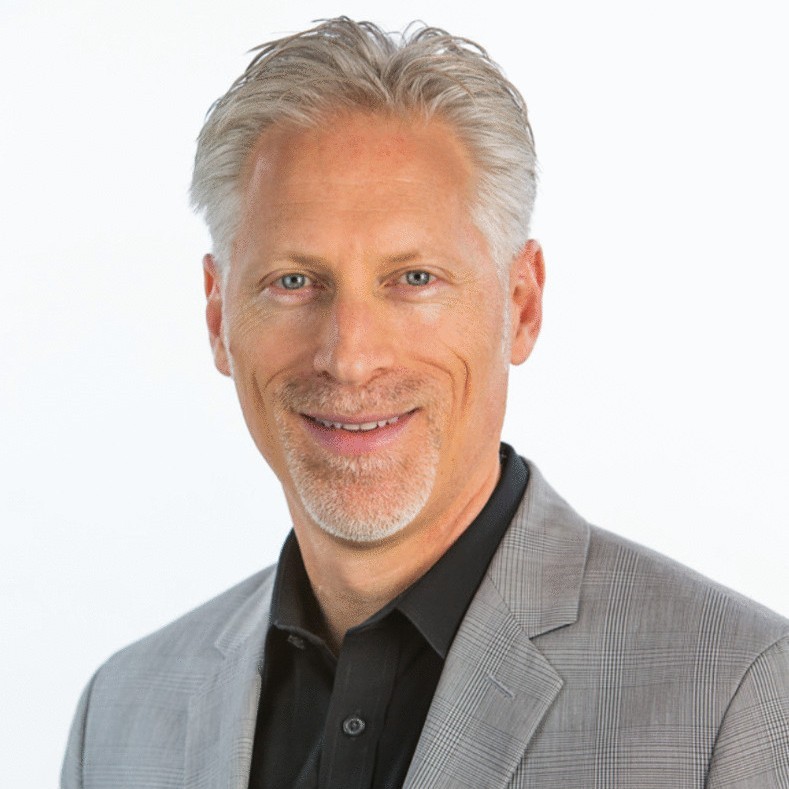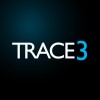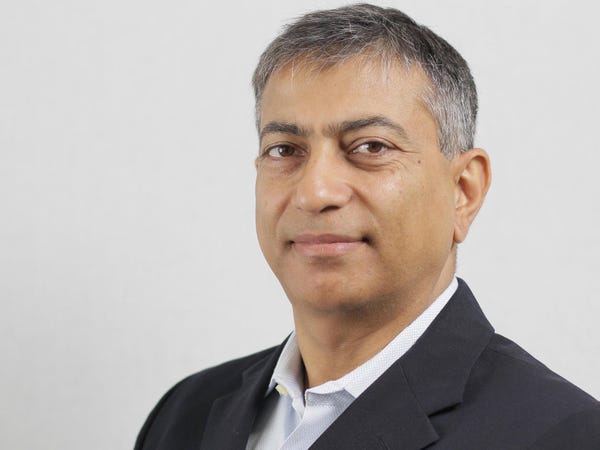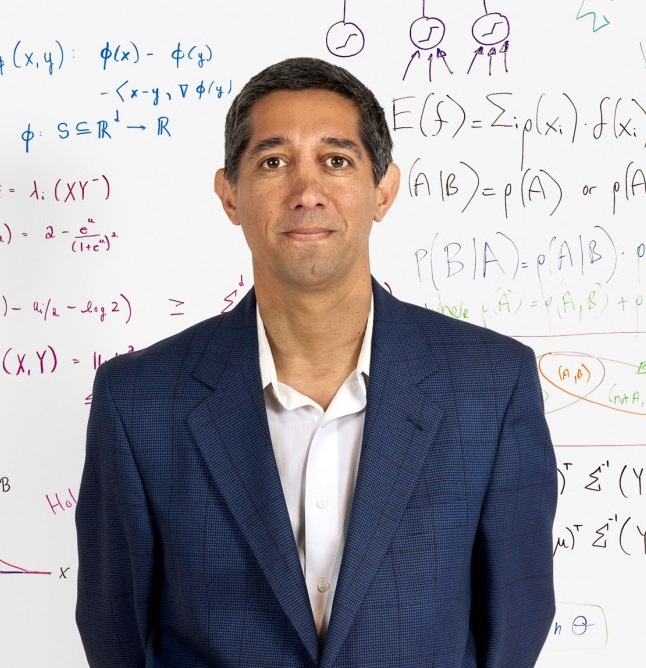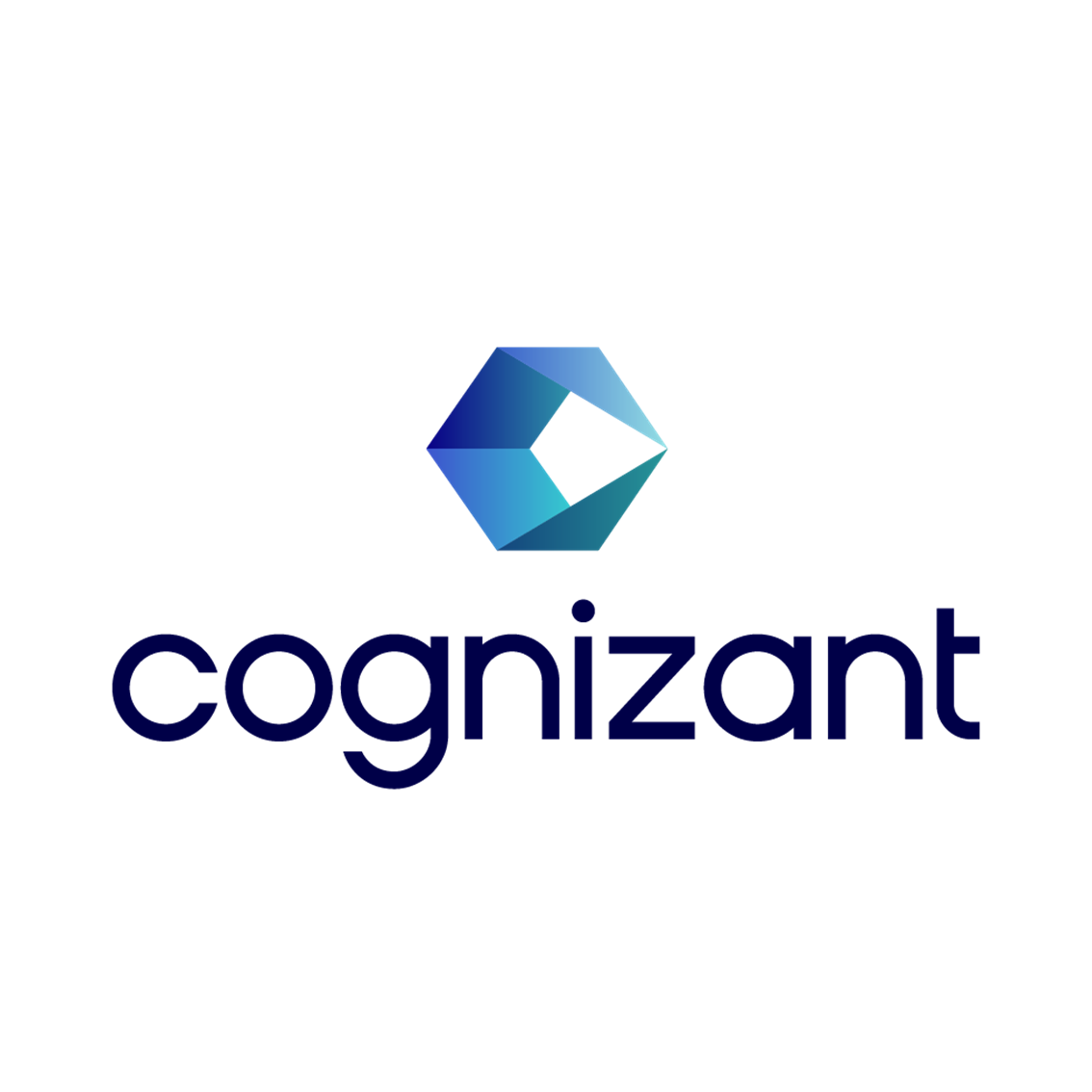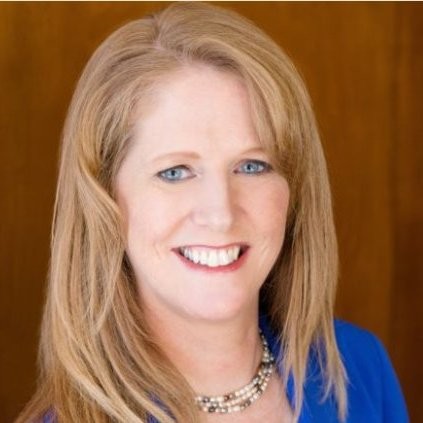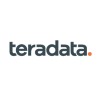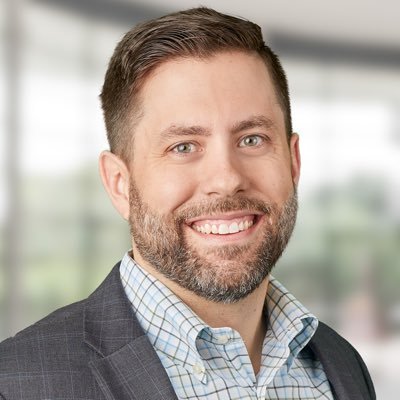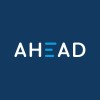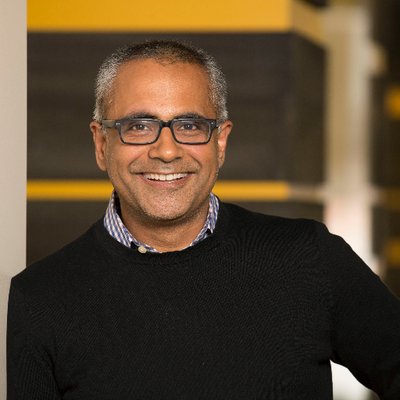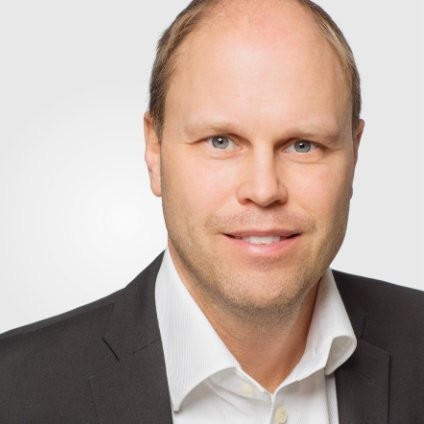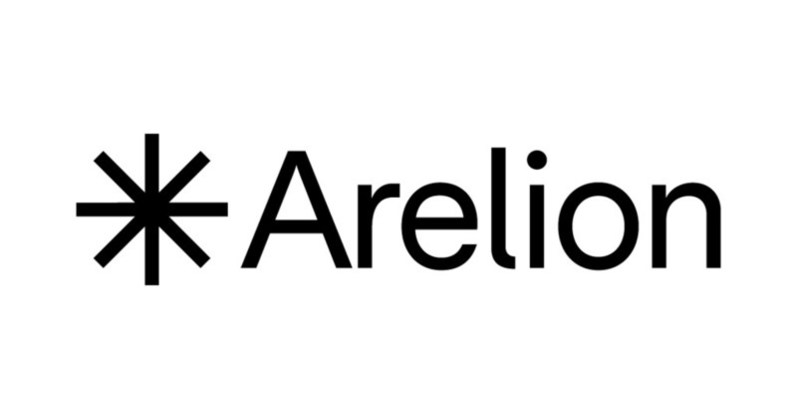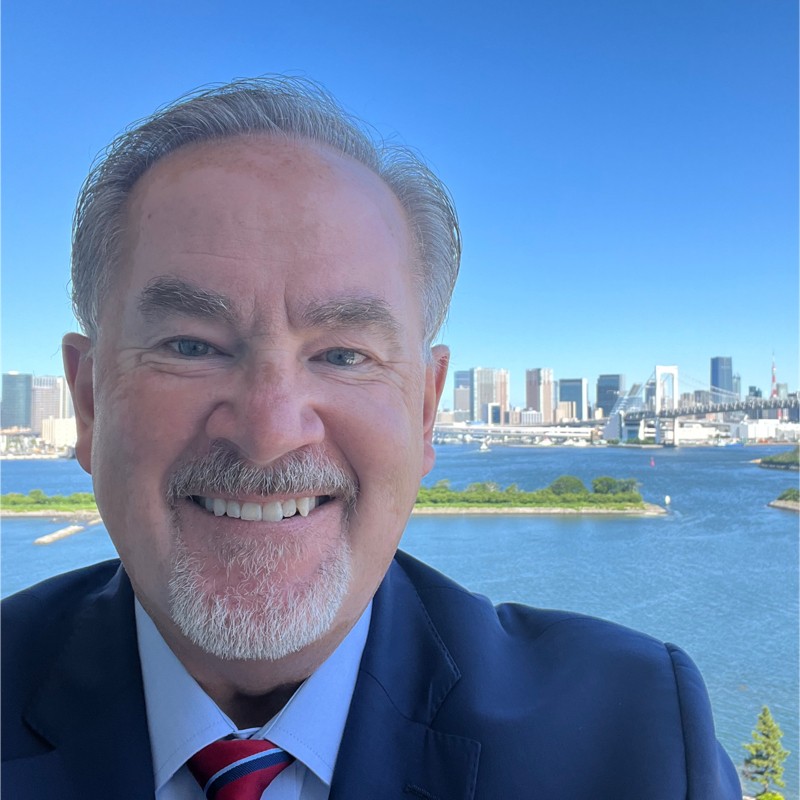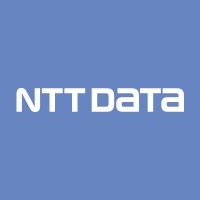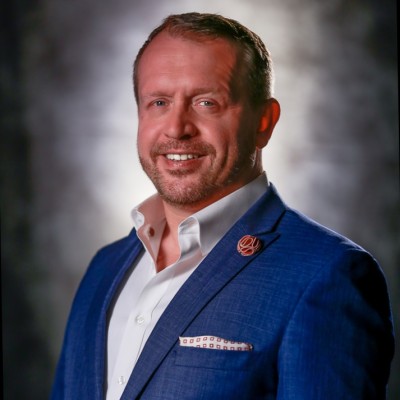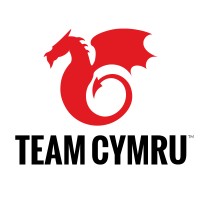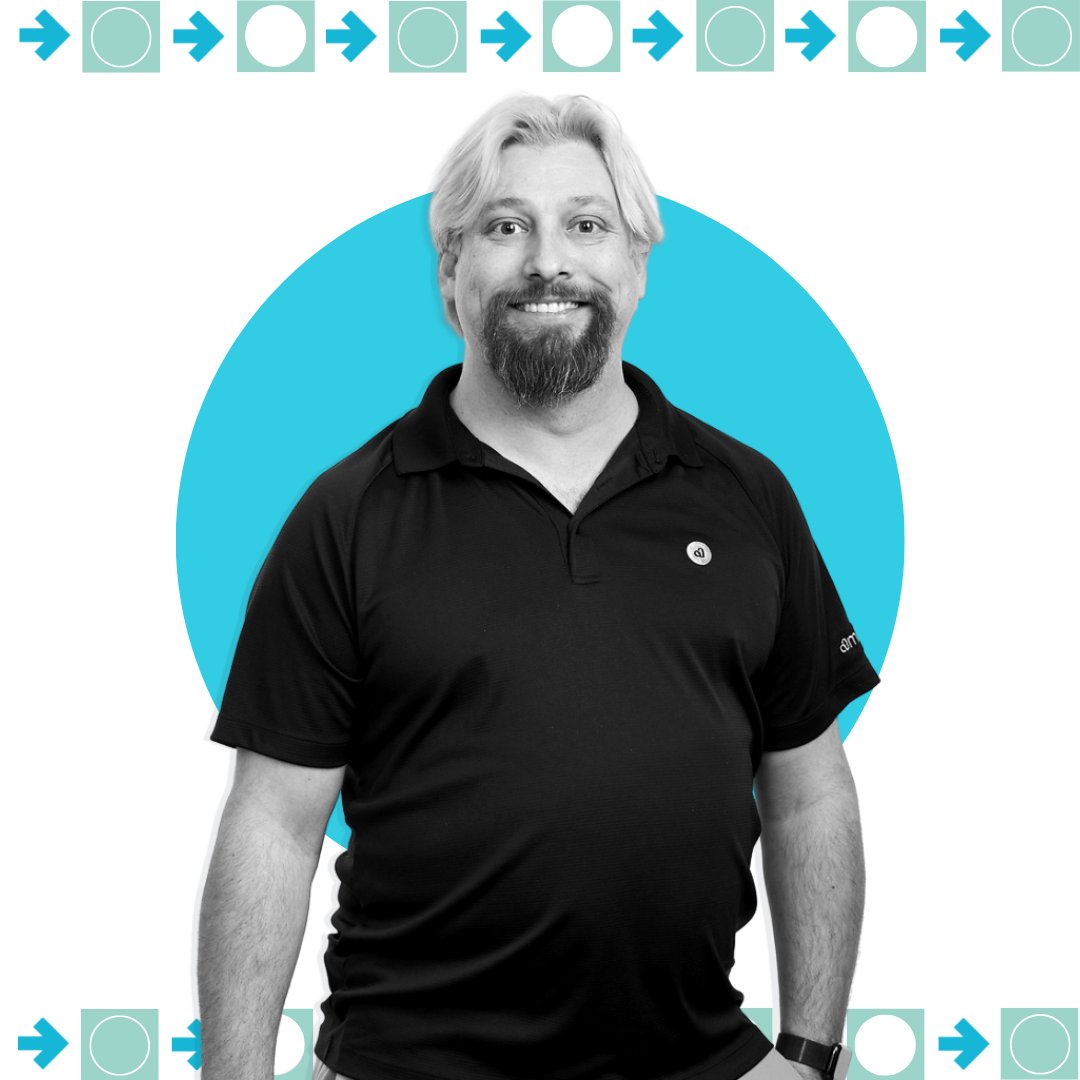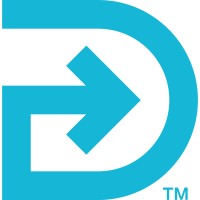Google made its name by changing the way the world uses the internet. Today, the company is still on the leading edge of innovation and Ritika Gunnar, the Sr. Director of Product Management, Databases at Google, is helping to shape the future of technology once more. On this episode, she dives deep into how, where, and why generative AI is going to revolutionize the way engineers build, how apps are developed, and how everyday work gets done.
Featured Episodes
Most Recent Episodes
So much of the way data is used happens without us even knowing it. And the power of data is beyond comprehension. At Teradata, Erica Hausheer and her team are trying to harness that power and make lives better — even if you don’t realize they’re doing it. On this episode, Erica details the ways data, AI, and other innovative technologies are transforming the way we live and work.
Moving to the cloud is nothing new — but doing it efficiently is still tough. Brantley Richbourg is the Principal Technical Consultant of Cloud Networking at AHEAD, and it’s his job to help companies navigate their journey to the cloud. On this episode, he describes some of the reasons companies are looking to make the move and the challenges they face along the way. Plus he explains where and how generative AI is playing a role and why innovation might not be the driving force behind customer decision making.
Whether you realize it or not, there’s an extremely good chance that you have interacted with PAR Technology. This brand powers payment systems, loyalty apps, and more for some of the biggest restaurant brands around, including Five Guys, Sweet Green, Arby’s, and thousands more. Raju Malhotra is the Chief Product & Technology Officer at PAR Technology, and on this episode, he explains how PAR implements its technology to make the restaurant experience seamless for both the workers and the diners.
In business and technology, speed is key. This is especially true in the U.S. Patent and Trademark Office (USPTO), where seconds matter to all the innovators submitting patent applications. In this episode, Jamie Holcombe, CIO of the USPTO, explains how his team is using new technology and working faster on a network that will keep up with the products and technologies inventors are hoping to bring to market.
There is no doubt that the world is more connected now than ever before, but there are still places and people who lack access to the internet. In this episode, hear why this is one of the things that Mattias Fridström and the team at Arelion is trying to fix. Also, hear how they are working to make the internet faster and more secure at the same time.
NTT Data is a major company that works on large-scale projects every day. But CIO Barry Shurkey is constantly encouraging his team to get better and stay innovative. On this episode, he explains why he put so much trust in solution architects, and how he sees and helps companies and tech leaders adapt to the changing technology landscape.
Medical transportation is sometimes necessary, but the operations and companies responsible for making it happen have remained relatively stagnant. This is where DocGo come in. On this episode, Hawk Newton, the CTO of DocGo, explains how the company is solving the extremely difficult task of medical transportation, and making the entire experience easier for all involved.
Medical transportation is sometimes necessary, but the operations and companies responsible for making it happen have remained relatively stagnant. This is where DocGo come in. On this episode, Hawk Newton, the CTO of DocGo, explains how the company is solving the extremely difficult task of medical transportation, and making the entire experience easier for all involved.
Ultimately, most of what we do in business today relies on data of all kinds. In the last decade or so, the rise in unstructured data has meant that companies need to find ways to store and then use that data in ways they hadn’t needed to before. On this episode of IT Visionaries, Brian Pawlowski, Chief Development Officer, of Quantum, discusses what that means and how data storage has evolved.

